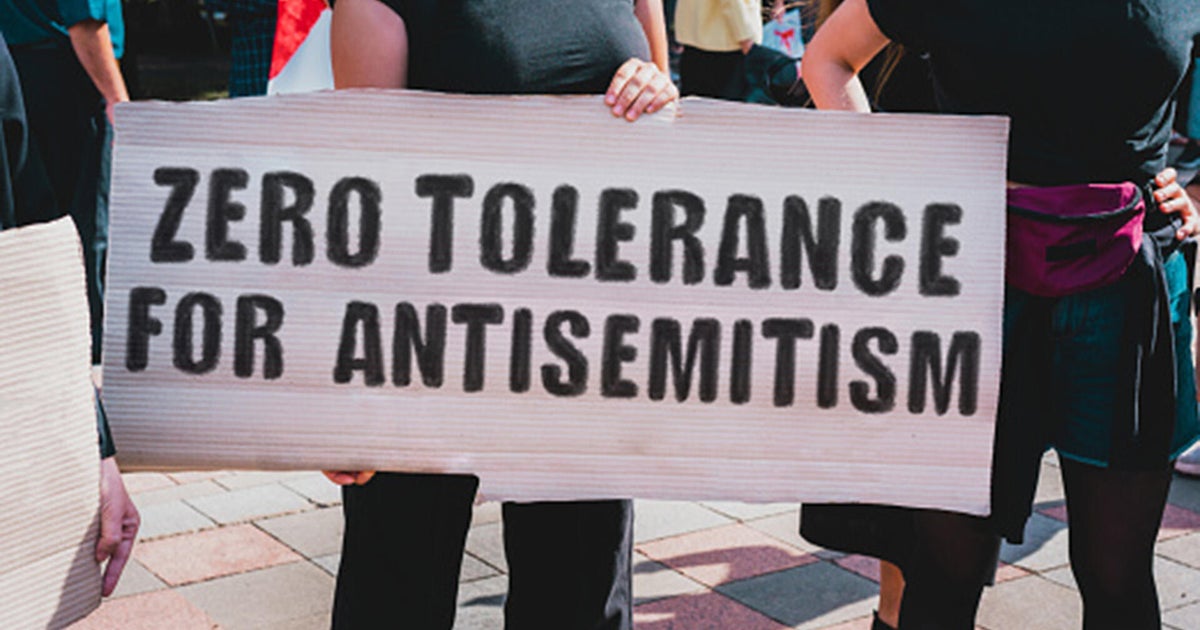TALLAHASSEE – In a acquire for Gov. Ron DeSantis and Republican lawmakers, a federal appeals court docket Thursday tossed out a obstacle to a 2019 immigration law that banned so-referred to as sanctuary metropolitan areas in Florida.
A three-judge panel of the 11th U.S. Circuit Court docket of Appeals overturned a ruling by a South Florida district decide that blocked elements of the controversial legislation. The appeals courtroom also purchased dismissal of the lawsuit mainly because it mentioned plaintiffs did not have legal standing to problem the law.
Many groups, these kinds of as the Florida Immigrant Coalition and the Farmworker Affiliation of Florida, filed the lawsuit in July 2019, increasing constitutional troubles and alleging discriminatory intent in the regulation (SB 168). But Thursday’s ruling claimed, in element, the groups could not clearly show proof of “precise injuries” essential to establish standing.
“Initially, the corporations preserve that their users have experienced, and will keep on to endure, racial profiling by legislation enforcement complying with SB 168. Next, the organizations assert that they have diverted resources from existing plans to react to SB 168. Neither theory retains water,” stated the 28-webpage ruling written by Main Decide William Pryor and joined by Judges Stanley Marcus and Kathryn Kimball Mizelle.
Even though the ruling was centered on a absence of lawful standing, the Atlanta-primarily based appeals court docket also took problem with U.S. District Decide Beth Bloom’s underlying choice.
“For the reason that the corporations absence standing, we are not able to opine on the deserves of this circumstance,” Pryor wrote. “But our keeping that the corporations deficiency standing really should not be examine as suggesting that we agree with the district courtroom on the deserves. Certainly, we have grave uncertainties about the merits, but the district court docket lacked jurisdiction to rule on them.”
The Republican-controlled Legislature handed the legislation in May perhaps 2019 along just about straight bash strains just after hefty debate. In a September 2021 decision, Bloom reported two significant parts of the regulation violated constitutional equal-protection rights and issued a long lasting injunction towards them.
1 of individuals parts banned point out and local organizations from owning sanctuary guidelines that would avert law-enforcement officials from cooperating with federal immigration-enforcement efforts.
The other aspect expected regulation enforcement businesses to use “ideal attempts” to help the enforcement of federal immigration regulations.
Bloom delved extensively into the Legislature’s development of the legislation and pointed to what she explained as an “immigrant danger narrative” that assisted direct to it.
“Primarily based on the evidence offered, the court docket finds that plaintiffs have demonstrated by a preponderance of the proof that SB 168 has discriminatory or disparate outcomes on racial and ethnic minorities, and these discriminatory outcomes were being both foreseeable and regarded to the Legislature at the time of SB 168’s enactment,” she wrote.
Bloom earlier in the situation issued an injunction towards element of the regulation that dealt with point out and regional law enforcement officers transporting people with immigration detainers to federal amenities. She mentioned that component was “preempted” by federal immigration law and, as a consequence, was unconstitutional.
But in Thursday’s ruling, the appeals court mentioned the organizations difficult the law experienced “not recognized that their customers facial area present damage or a ‘certainly impending’ menace of racial profiling as a consequence of SB 168.”
“As an alternative of suing instantly to enjoin enforcement of SB 168, the businesses would have been better off waiting around for concrete evidence that the enforcement of SB 168 would guide to profiling,” the ruling claimed. “In this feeling, their challenge is not ripe for judgment. Even if the companies could confirm that regional officers profiled their users, they have not proved that the officers acted centered on SB 168.”
The ruling also claimed Gov. Ron DeSantis and Legal professional General Ashley Moody need to not have been defendants in the scenario.
“The record lacks any evidence that links the governor or lawyer normal to racial profiling by regional officers under SB 168,” Pryor wrote. “That absence of evidence makes feeling since SB 168 gives the governor with number of, if any, equipment to make the judgment calls that may final result in racial profiling. Federal officials inform local officers which individuals are topic to a detainer. Federal officers request cooperation. Local officials make the arrests. Local officers transportation detainees to federal custody. SB 168 does not require the governor or legal professional normal in incidents of racial profiling.”
The ruling came as lawmakers take into account proposals (SB 1718 and HB 1617) that would choose supplemental measures to concentrate on illegal immigration. The charges are pending in Senate and Household committees.




